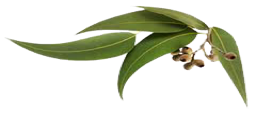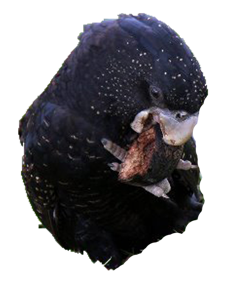More and more people are getting back to nature with their birds. It's a slow growing trend amongst parrot owners who're realising how important getting their birds back to nature is. While I can understand that some people don’t always have the space or time to do these things, it is important for the birds health and well being that you still look for ways to do this. Living in Australia gives most of us an advantage of having bush land, the right trees growing in our yards or you own yard to grow herbs, flowers and veggies. If you don’t have this you can still grow pots of herbs and small bushes. You can place your bird on the balcony for some much needed sunshine. The more you look for edible plants, the more you will surprised at how much is actually readily available in your area and from nurseries. Dandelion is a common weed that grows in just about everyones back yard and a greta weed to offer your parrot. So, if you look around you can pick up just about anything.

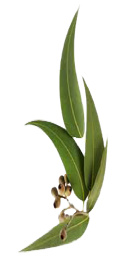

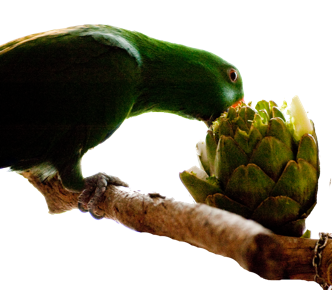
Water whether lacking in it or flooding, it is a very real problem in Australia. Those parts who aren’t being flooded continually are suffering from drought. Australia has water restrictions and many people refuse to use too much water for their birds for fear of getting into trouble by the council. Water restrictions in Australia do not apply to pets, livestock and animals. Just a few small pots, hand watered is a good start. Dandelion, milk thistle, aloe vera (all very hardy plants) are very good starter plants, hardy and easy to care for as well as being medicinal and nutritional for parrots.
In Australia it is illegal to pick native branches, leaves and flowers from bush land and local parks so why not just ask your local council for cuttings from parks. Councils are regularly pruning trees and shrubs in all areas so if you council workers doing this, ask them for some of the prunings. They won’t say no and it make their load to take back with them lighter.
Grow non toxic small native shrubs. Plant them in the wet season so they are able to establish themselves well before summer arrives. Australian natives are very hardy. They thrive on little watering or only wet season rains and thrive in poor soil conditions.
If you have aviaries, keep a small patch of the aviary floor closed off from the birds and water it. Dropped seeds will shoot for your birds to enjoy. Throw bird seed into that area & water them. Put a small patch of grass on that area. Throw seed down and watch your birds enjoy foraging through the grass.
Get your indoor bird outside. There are so many people who keep their birds in clean sterile environments inside because they fear the bird will become ill if exposed to something outside. Of course there are risks, lots of them but it’s up to you to take step to avoid them. Wild parrots and cockatoos have a higher immune system because they forage for all the right foods and are exposed to outdoor pollution. Many captive indoor birds have a much lower immune system. Often indoor pollution, no matter how clean you keep your home, is a lot higher than outdoor pollution.
Grow sprouts. Sprouts have an amazing amount of vitamins and goodness in them that your bird needs daily and birds love them. It gives birds the energy they need to keep going through the day. Your birds can eat as much sprouts as they like throughout the day, they’ll benefit from them and will love them. It is a power food and has many medicinal qualities.
Not a successful sprouter? Soak seed and grains for 24 hours. 24 our soaked seed and grain also give them better nutrition than dry seed though it is not as nutritional as sprouts.
Birds need a variety of fruit and veg in their daily diet to stay healthy. If you don’t have the time to offer some fruit and veg then how do you manage time with your birds? You don’t need to spent a lot of time preparing fruit and veg. You can also offer them a few pieces whole, washed on kababs. Encourage your birds to forage and eat the whole pieces of food by putting a slit into the fruit or veg and place a nut inside the slit.
Avoid using sprays in your yard and on your pots. Also avoid using fertilisers in one small patch of your back yard. Allow the the birds to forage in this patch safely.
If you have a patio, make a small section or corner of enclosed area for your birds. They will enjoy the morning or afternoon sun, especially when the wild birds are out singing, playing and foraging for food before going to bed or when they wake first thing.

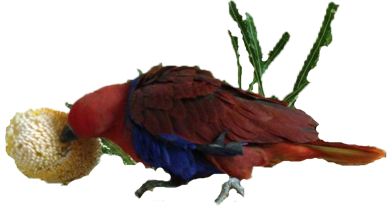
Video of Dr. Ross Perry discussing which weeds you can use to feed your budgie. This goes for all all parrot species as well, including Ecelctus.
Chloe eating Banksia
Eddie eating an artichoke stuffed with food and treats
Red tail black cockatoo eating a Beech Almond Tree Pod

Getting Back To Nature
